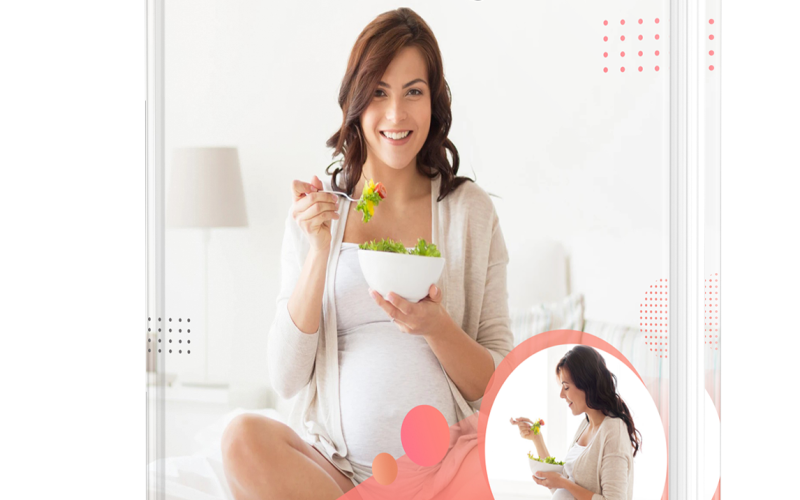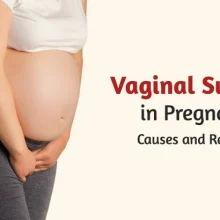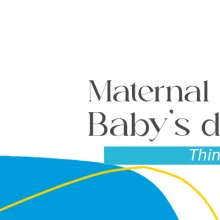Pregnancy and Diet

Growing a tiny human inside you is hard work, but don’t forget about feeding them too! Your diet during pregnancy is crucial for both you and baby’s health. So put down the junk food and load up on some nutrient-rich goodness!
Pregnancy is a beautiful journey that comes with its own set of challenges, including dietary changes. What you eat during pregnancy can have a significant impact on the health of both you and your growing baby. In this article, we will look at some common myths and realities of pregnancy diet, how to deal with cravings, the importance of balancing your diet, foods to avoid during pregnancy, essential nutrients, and healthy snacking options for busy moms.
Eating for Two? Myth or Reality?
One of the most common misconceptions about pregnancy is that you need to eat for two. While it’s true that you need more nutrients during pregnancy, doubling your food intake is unnecessary and can lead to excessive weight gain. Instead, focus on eating a balanced diet with plenty of fruits, vegetables, lean proteins, and whole grains. Eating small meals throughout the day can also help you maintain a healthy weight and prevent nausea.

Cravings and How to Deal with Them
Cravings are a normal part of pregnancy, and they can be challenging to manage. Instead of giving in to every craving, try to find healthier alternatives. For example, if you’re craving something sweet, try snacking on fresh fruit or a small piece of dark chocolate. If you’re craving something salty, reach for a handful of nuts or seeds. Remember that indulging in your cravings occasionally is okay, but moderation is key.
The Importance of a Balanced Diet
Eating a balanced diet is crucial during pregnancy as your body requires more nutrients to support the growth and development of your baby. Make sure you’re consuming enough protein, iron, calcium, and folic acid. You can get these nutrients from foods like lean meats, eggs, beans, leafy greens, and fortified cereals. Avoid processed foods and sugary drinks, as they provide little nutritional value and can lead to weight gain.
Foods to Avoid During Pregnancy
Certain foods are best avoided during pregnancy as they can pose a risk to your health and that of your baby. Raw or undercooked meat, fish, and eggs can contain harmful bacteria and should be cooked thoroughly before consumption. Avoid deli meats, soft cheeses, and unpasteurized dairy products, as they can also carry bacteria that can cause foodborne illness. Limit your intake of caffeine and alcohol, as they can affect your baby’s growth and development.

Nutrients You Need for a Healthy Pregnancy
Your body needs a variety of nutrients during pregnancy to support your baby’s growth and development. These include folic acid, iron, calcium, and vitamin D. Folic acid is essential for the healthy development of your baby’s brain and spine, while iron helps prevent anemia. Calcium and vitamin D are essential for the development of strong bones and teeth. Talk to your doctor about supplements if you’re not getting enough of these nutrients through your diet.
Snacking Smart: Healthy Options for Busy Moms
Snacking can be a healthy way to curb your cravings and maintain your energy levels throughout the day. Opt for snacks that are high in protein and fiber, such as nuts, seeds, and fresh fruit. Greek yogurt, hummus, and hard-boiled eggs are also great options. Avoid processed snacks and sugary drinks, as they can lead to weight gain and provide little nutritional value.
Managing Nausea and Other Pregnancy Symptoms
Nausea is a common symptom of pregnancy, particularly during the first trimester. Eating small, frequent meals throughout the day can help alleviate nausea. Ginger, peppermint, and chamomile tea can also help ease nausea. Talk to your doctor about safe medications if your symptoms are severe.
Staying Hydrated: Why Water is Vital for Expecting Moms
Staying hydrated is essential during pregnancy, as it helps maintain your blood volume, supports your baby’s growth and development, and prevents constipation. Aim to drink at least eight glasses of water a day, and more if you’re exercising or in hot weather. Avoid sugary drinks and caffeine, as they can dehydrate you and affect your baby’s health.
Eating a healthy diet during pregnancy is essential for the health of both you and your baby. Remember to eat a balanced diet, avoid certain foods, and get enough essential nutrients. If you’re struggling with cravings or pregnancy symptoms, talk to your doctor for advice. With a little planning and effort, you can enjoy a healthy and happy pregnancy.


